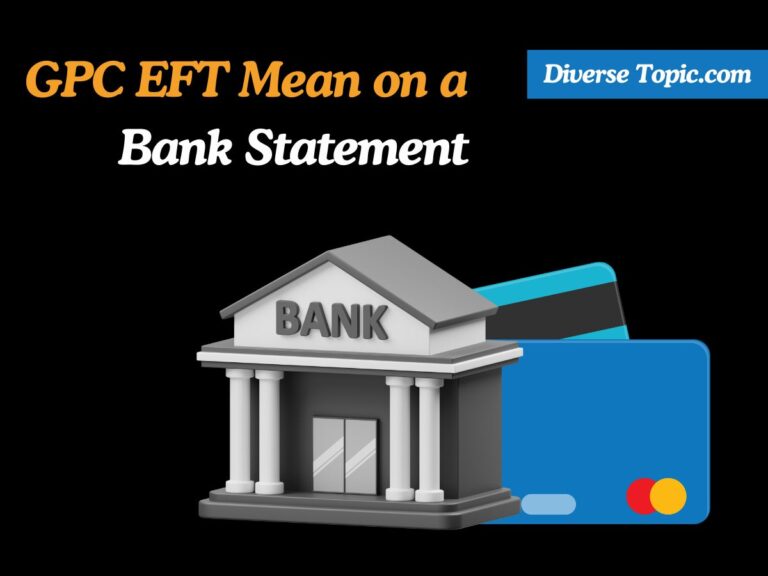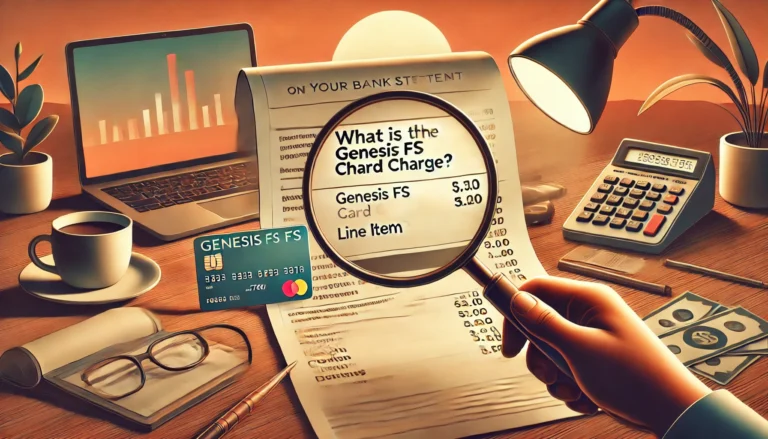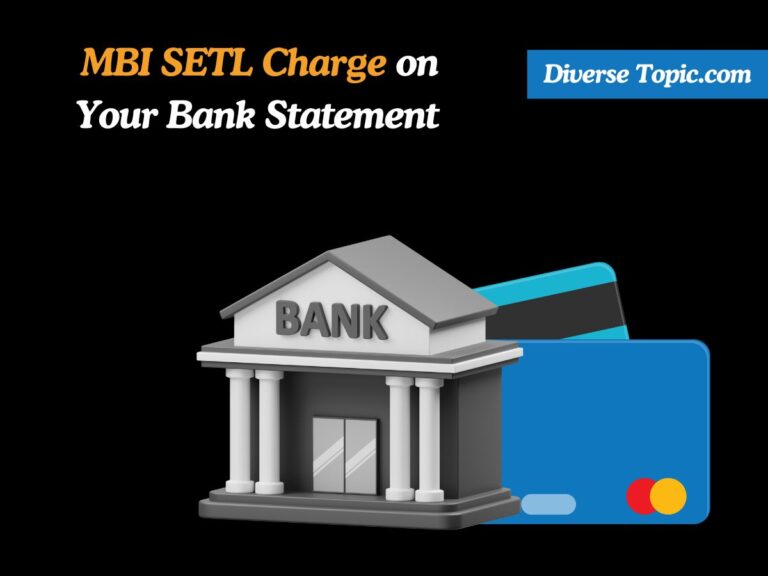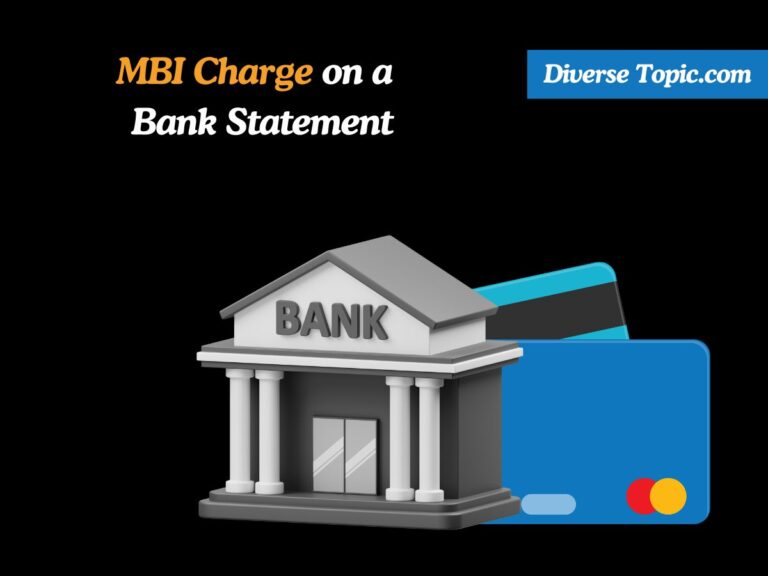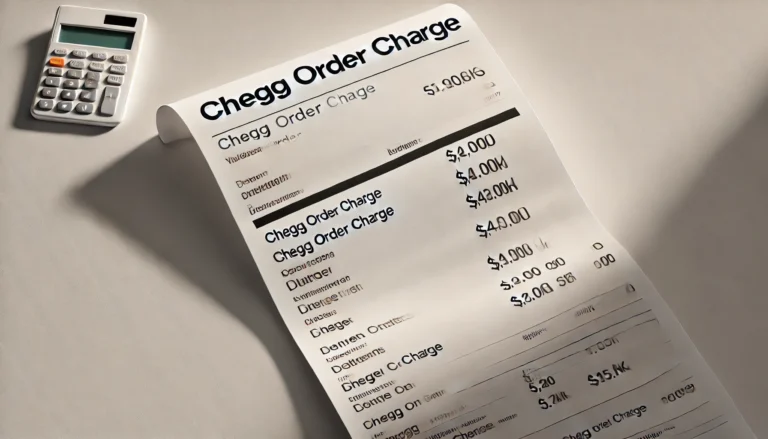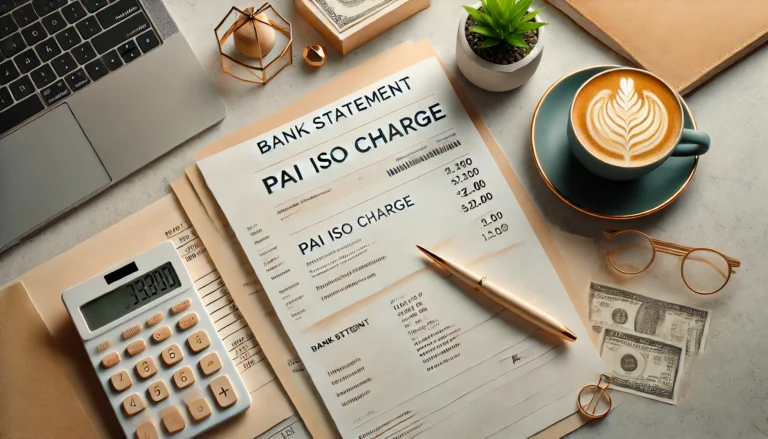What Is the Google*Miniclip Charge on Your Bank Statement?
It seems sense that you would be perplexed if you’ve seen a transaction on your bank or credit card account identified as “GoogleMiniclip.” Many people have experienced this charge, which frequently prompts questions regarding the validity of the transaction.
We’ll go over what the GoogleMiniclip charge is, why it shows up on your bill, and how to spot and avoid such charges going forward in this article.
Understanding the Google*Miniclip Charge
A number of people have reported the GoogleMiniclip charge as fake. The fact that GoogleMiniclip is an illegitimate business and service must be understood. As an alternative, it is a false label that con artists use to charge your credit card or bank account without authorization.
These charges are often related to online gaming activities. Users may unknowingly authorize transactions while playing games or making in-game purchases, only to later find out that they have been charged for something they did not intend to purchase. The charge might vary in amount and frequency, but it consistently represents an unauthorized transaction.
In addition to being unapproved, the Google*Miniclip fee is deceptive. Confusion and annoyance result from the fact that many people do not understand the charge on their statement. In addition, the claim is linked to online gaming, which makes it hard to link it to a specific source and tough to refute.
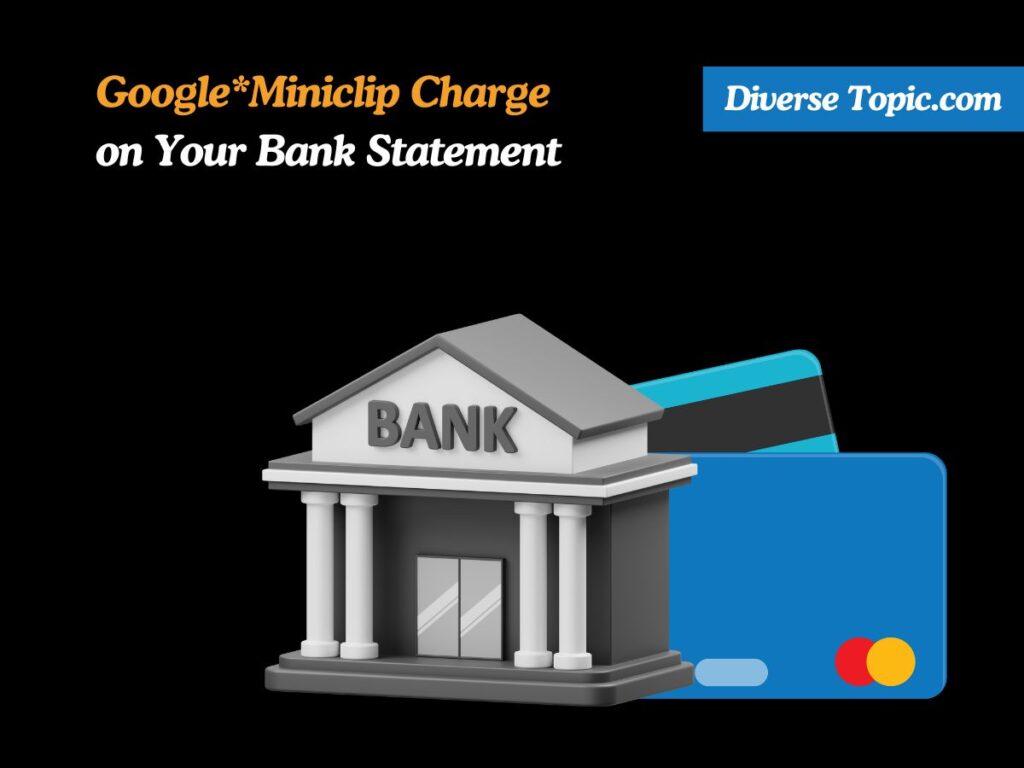
How Does the Google*Miniclip Charge Appear?
The GoogleMiniclip charge may show up as a tiny or big payment on your bill; it is usually identified by the term “GoogleMiniclip” followed by a string of characters or digits. The transaction in question is unfamiliar and unlawful, regardless of the exact facts.
Here are some common transaction entries to look out for:
- Google*Miniclip
- Google Miniclip
- GMiniclip
- MClip
- Miniclip
- Numeric Codes
Common Characteristics of the Charge:
- Label: Google*Miniclip
- Transaction Type: Unauthorized payment
- Amounts: Varies (could be small or substantial)
- Frequency: Could be a one-time charge or recurring
Origins of the Google*Miniclip Charge
The Google*Miniclip charge often originates from online gaming platforms. These platforms sometimes allow users to make in-game purchases using real money. However, in this case, the charge is not legitimate and is instead a result of fraudulent activity. It is possible that your payment information was compromised during a gaming session or that you unknowingly authorized the purchase.
Possible Sources of the Charge:
- In-Game Purchases: Charges may occur if you or someone with access to your account accidentally or unknowingly made a purchase within a game.
- Compromised Payment Information: Scammers may have obtained your credit card or bank details through phishing, data breaches, or other means, leading to unauthorized transactions.
What to Do If You Find a Google*Miniclip Charge?
If you discover an unauthorized Google*Miniclip charge on your bank or credit card statement, it is important to act quickly to protect your financial security. Here are some steps you should take:
Contact Your Bank or Credit Card Company Immediately
The first and most critical step is to get in touch with your bank or credit card provider as soon as you notice the unauthorized charge.
- Report the Charge: Explain to your bank that the Google*Miniclip charge is not something you authorized. Please provide them with all relevant details, such as the date, amount, and any reference numbers associated with the transaction.
- Request a Refund or Chargeback: Ask your bank or credit card company to initiate a refund or chargeback for the unauthorized charge. This process can reverse the transaction, putting the funds back into your account.
- Request a New Card: To prevent further unauthorized charges, consider asking your bank to issue a new debit or credit card. This will ensure that any compromised card information is no longer valid, reducing the risk of future fraudulent transactions.
Monitor Your Account Closely
After reporting the charge, it is essential to continue monitoring your account for any additional suspicious activity.
- Review Recent Transactions: Carefully check your recent transactions to ensure that there are no other unauthorized charges. Sometimes, scammers might make multiple small transactions to test if an account is active before making larger charges.
- Set Up Alerts: Many banks offer transaction alerts via email or SMS. Enabling these alerts can help you detect unauthorized charges more quickly in the future.
Change Your Online Passwords
If the Google*Miniclip charge is connected to online gaming or any other online activity, it’s a good idea to change your passwords immediately.
- Update Passwords for Affected Accounts: If the unauthorized charge is linked to an online gaming account or any other service, change the password for that account. Ensure that the new password is strong and unique.
- Secure Other Accounts: If you use the same or similar passwords across multiple accounts, take this opportunity to update those passwords as well. This can prevent scammers from accessing other accounts if your credentials have been compromised.
Report the Fraud to Authorities
In addition to working with your bank, you should consider reporting the fraudulent charge to relevant authorities.
- File a Report with Consumer Protection Agencies: Agencies like the Federal Trade Commission (FTC) in the U.S. or other consumer protection organizations in your country can take action against fraud and help prevent it from happening to others.
- Inform Local Law Enforcement: Depending on the severity of the fraud, you may also want to file a police report. This can be particularly useful if the charge is part of a broader pattern of fraud affecting multiple individuals.
- Report to the Gaming Platform: If the charge is related to a specific online gaming platform, report the fraudulent transaction to their support team. They may be able to investigate further and take action against the scammers.
Consider Additional Security Measures
Depending on the nature of the unauthorized charge, you may want to take additional steps to secure your financial information.
- Enable Two-Factor Authentication (2FA): If you haven’t already, enable 2FA on your online accounts, especially those related to gaming, financial services, and email. This adds an extra layer of protection by requiring a second form of verification, such as a code sent to your phone.
- Review and Limit Stored Payment Information: If you store payment information with online services, review which accounts have access to your credit or debit card. Consider limiting this to trusted services only.
Keep Records of All Correspondence
Throughout the process, maintain detailed records of all communications related to the unauthorized charge.
- Document Everything: Keep copies of emails, notes from phone calls, and any other correspondence with your bank, credit card company, law enforcement, or consumer protection agencies. This documentation can be crucial if you need to escalate your dispute or if further issues arise.
Also Know What Is the Dave.com Inc. Charge.
Preventing Google*Miniclip Charges in the Future
Preventing unauthorized charges like Google*Miniclip from appearing on your statement requires proactive measures.
Tips to Prevent Future Charges:
- Use Strong, Unique Passwords: Ensure that your online gaming accounts and payment methods are protected with strong, unique passwords.
- Enable Two-Factor Authentication (2FA): Adding an extra layer of security can help protect your accounts from unauthorized access.
- Regularly Monitor Your Statements: Frequently review your bank and credit card statements to catch any unauthorized transactions early.
- Be Cautious with In-Game Purchases: Be mindful of what you or others using your account purchase within games, and consider setting up restrictions or parental controls if needed.
- Beware of Phishing Scams: Be cautious about sharing your payment information online, especially on unfamiliar or suspicious websites.
Conclusion:
Numerous people have been impacted by the fraudulent and illegal Google*Miniclip transaction. You may safeguard your money from future financial scams by being aware of the nature of this charge and taking the appropriate action to recognize, challenge, and stop it.
To make sure that your hard-earned money is protected against fraudulent activity, you should constantly monitor your bank accounts with vigilance and proactiveness.

